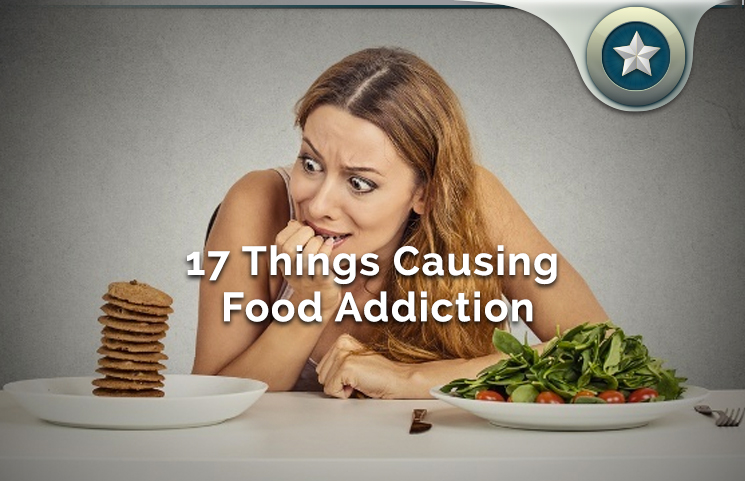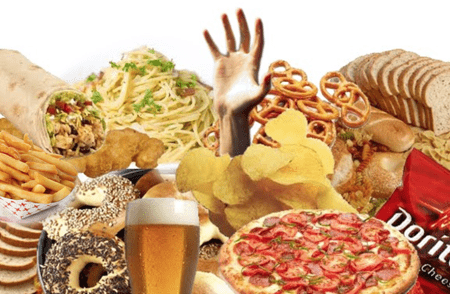


There are also a growing number of programs that help people who are addicted to food. But people who are addicted to food still need to eat.Ī nutritionist, psychologist, or doctor who is educated about food addiction may be able to help you break the cycle of compulsive overeating. Alcoholics, for example, can ultimately abstain from drinking alcohol. Some argue that recovery from food addiction may be more complicated than recovery from other kinds of addictions. Science is still working to understand and find treatments for food addiction. Eating the same amount of food doesn't reduce negative emotions or increase pleasure the way it used to.You need to eat more and more food to reduce negative emotions or increase pleasure.Eating food causes problems such as depression, anxiety, self-loathing, or guilt.The questionnaire also tries to gauge the impact of food decisions on your emotions. For example, when you cut down on certain foods (excluding caffeinated beverages), do you have symptoms such as: The questionnaire asks about psychological withdrawal symptoms. You have problems functioning effectively at your job or school because of food and eating.
#Food addicts anonymous fear professional
You avoid professional or social situations where certain foods are available because of fear of overeating.You eat certain foods so often or in such large amounts that you start eating food instead of working, spending time with the family, or doing recreational activities.Ask yourself if these situations apply to you: The questionnaire also asks about the impact of your relationship with food on your personal life. When certain foods aren't available, go out of your way to obtain them.Worry about not eating certain types of foods or worry about cutting down on certain types of foods.Keep eating certain foods even if you're no longer hungry.End up eating more than planned when you start eating certain foods.Here's a sample of questions that can help determine if you have a food addiction.

Researchers at Yale University's Rudd Center for Food Science & Policy have developed a questionnaire to identify people with food addictions. And like people who are addicted to drugs or gambling, people who are addicted to food will have trouble stopping their behavior, even if they want to or have tried many times to cut back. People who are addicted to food will continue to eat despite negative consequences, such as weight gain or damaged relationships. Or they may increase their physical activity to compensate for overeating. Their bodies may simply be genetically programmed to better handle the extra calories they take in. But normal-weight people may also struggle with food addiction. Scientists believe that food addiction may play an important role in obesity.

They eat more and more, only to find that food satisfies them less and less. People who show signs of food addiction may also develop a kind of tolerance to food. People with food addictions lose control over their eating behavior and find themselves spending excessive amounts of time involved with food and overeating, or anticipating the emotional effects of compulsive overeating. Compulsive overeating is a type of behavioral addiction meaning that someone can become preoccupied with a behavior (such as eating, or gambling, or shopping) that triggers intense pleasure. As a result, people keep eating, even when they're not hungry. The reward signals from highly palatable foods may override other signals of fullness and satisfaction. Once people experience pleasure associated with increased dopamine transmission in the brain's reward pathway from eating certain foods, they quickly feel the need to eat again. Like addictive drugs, highly palatable foods trigger feel-good brain chemicals such as dopamine. Highly palatable foods are foods rich in: That comes from brain imaging and other studies of the effects of compulsive overeating on pleasure centers in the brain.Įxperiments in animals and humans show that, for some people, the same reward and pleasure centers of the brain that are triggered by addictive drugs like cocaine and heroin are also activated by food, especially highly palatable foods. The idea that a person can be addicted to food has recently gained increasing support.


 0 kommentar(er)
0 kommentar(er)
